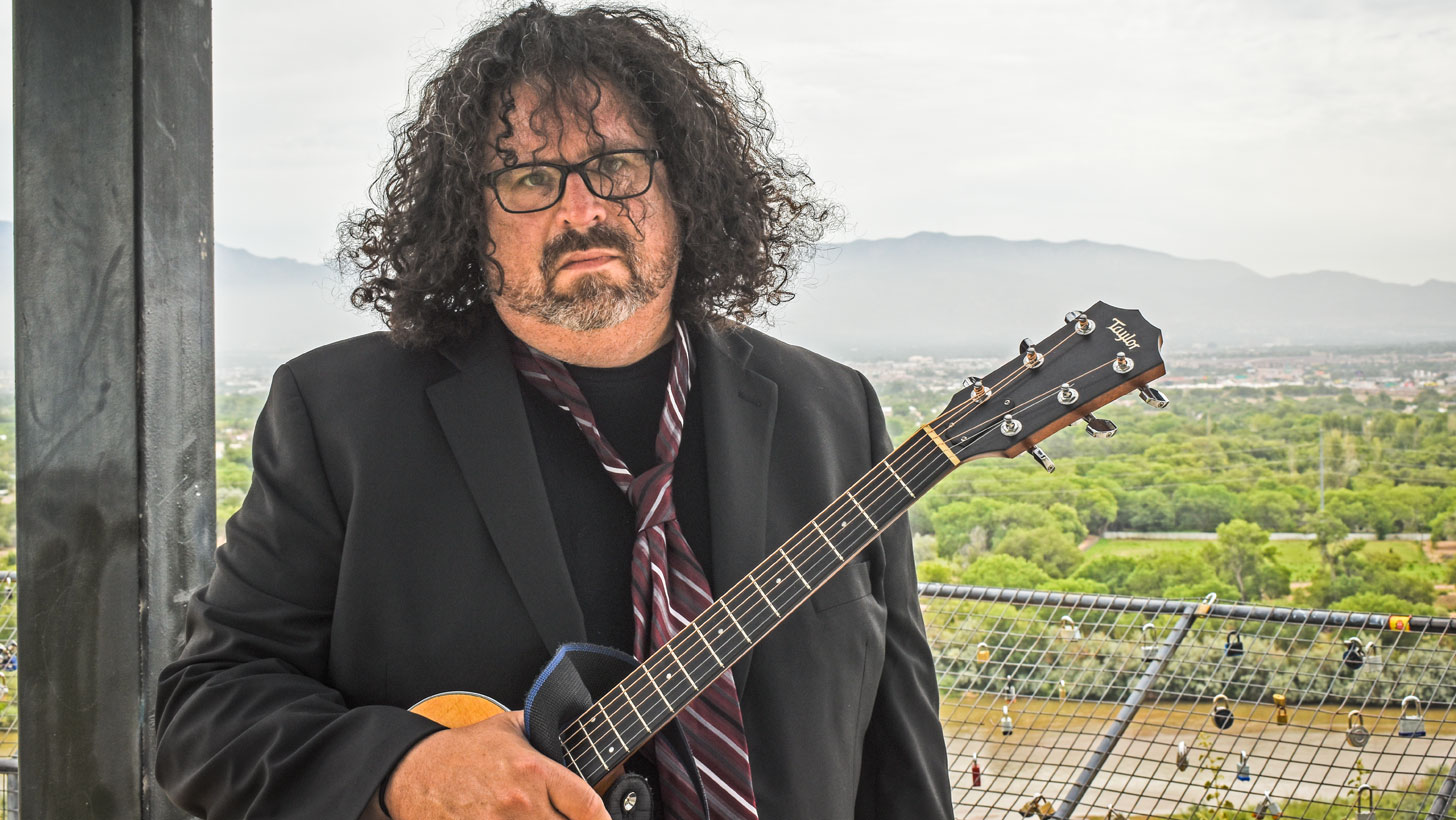Small Town Famous
Clark Andrew LibbeySlow Start Recordssmarturl.it/calstfMusic Interview: Creating A Covid Anthem
Clark Andrew Libbey’s Small Town Famous

Latest Article|September 3, 2020|Free
::Making Grown Men Cry Since 1992

Small Town Famous
Clark Andrew LibbeySlow Start Recordssmarturl.it/calstf